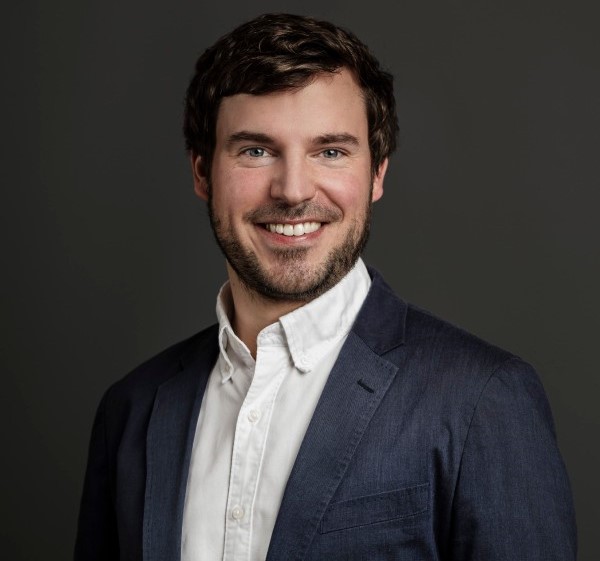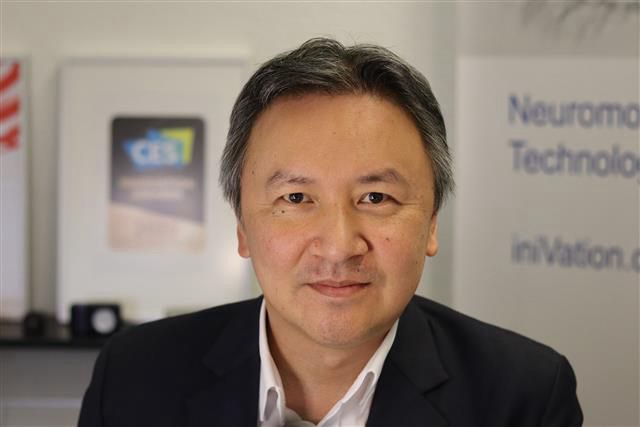Physics AI Engine to accelerate, simplify and automate your simulation workflows
Our Mission:
Empower hardware and simulation engineering teams to run simulations in seconds, set up workflows in minutes and deploy AI agents to maximize product performance.
Experience the difference with Optineura AI!
Are your physics-based simulations slowing down your engineering workflows?
Optineura AI provides an advanced platform that accelerates simulation runs, simplifies the setup of new simulations and enables you to intuitively reuse previous results all starting from your limited Computer-Aided Engineering datasets.
Our intelligent AI agent supports you through the entire workflow, automating complex tasks and providing expert recommendations to optimize your process.
Accelerate development, reduce operational costs and eliminate repetitive manual work
Experience Optineura AI in Action
Watch how our platform transforms complex simulation workflows into simple, intuitive processes.
Meet the experts behind Optineura AI

Alex Donzelli
CEO
Caltech Alumnus; Former UBS
LinkedInAlex is a Caltech's trained engineer and business developer with expertise in physics-based simulations. He launched his career by designing and building simulation models for diverse industries.
His early professional experience includes roles as a Simulation and Product Development Engineer at Saipem, one of the largest multinational oilfield services companies, and at Optotune, a Zurich-based startup specializing in manufacturing optical devices for the machine vision industry.
To complement his engineering background, he expanded his expertise into business strategy and management consulting within the financial services sector at UBS, where he led multi-million dollar projects.
During his academic tenure, he contributed to developing a transmission component for the automated measurement and quality control of Porsche Electric Axles.
He holds a Master’s degree in Applied Mechanics from the California Institute of Technology, where he specialized in Computational Mechanics. As a Researcher at Caltech, he developed virtual-experiment frameworks that significantly reduced R&D costs and timelines by integrating Finite Element simulations with optical algorithms. This project resulted in several publications in peer-reviewed journals, including Experimental Mechanics.

Matthias Bonvin
ML Lead
ETH Zurich Alumnus
LinkedInMatthias is a mathematician and machine learning engineer with a passion for applying mathematical concepts to complex engineering challenges. He holds a Master’s degree in Mathematics from ETH Zurich, where his studies focused on AI in the sciences, deep learning and optimization.
He has contributed to a range of machine learning projects across both academic and applied domains. In collaboration with CERN and Prof. Siddartha Mishra, he developed equivariant neural networks for classifying particle physics data. At the Paul Scherrer Institute (PSI), he worked on optimizing cement formulations using surrogate modeling and numerical optimization techniques.
In 2024, Matthias won the ETH Simulation Hackathon for his implementation of neural operators and physics-informed neural networks (PINNs) in a multiphysics setting combining fluid dynamics and heat transfer. He also placed third in the 2024 ETH Datathon, organized by the Analytics Club, where he developed ML models for forecasting energy consumption across Europe.
Beyond research, Matthias co-organizes ZUCCMAP, a recurring seminar for undergraduate mathematicians at ETH Zurich and has delivered invited talks on topics ranging from game theory to symmetry in neural networks.

Jan Pfeifer
ML Scientist
Former Google & Yahoo
LinkedInJan is a seasoned engineering leader with over a decade of experience advancing machine learning systems at scale. Before joining Optineura AI, he spent more than 12 years at Google, where he led cross-functional teams in research and product development, contributing to widely used technologies across Google Search, Cloud, and Research.
As a core contributor to TensorFlow’s open-source ecosystem, Jan co-developed TensorFlow Lattice and TensorFlow Ranking, two libraries that brought interpretable and large-scale learning-to-rank capabilities into production at Google. He also led the development of TensorFlow Decision Forests and the underlying Yggdrasil engine, enabling robust decision tree models for researchers and practitioners alike. His work has been published in leading venues such as NeurIPS, KDD, and ICTIR, and continues to influence scalable, explainable machine learning.
Jan holds a degree in Computer Engineering and began his career by co-founding two companies focused on applying machine learning to diverse real-world problems. Prior to his time at Google, he served as a Research Engineer and Engineering Manager at Yahoo, where he co-authored patents on ranking systems. Throughout his career, he has consistently combined a deep understanding of machine learning theory with hands-on engineering expertise, delivering impact through interpretable models and scalable AI frameworks deployed in high-stakes production environments.

Prof. Dennis Kochmann
Technical Advisor
ETH Zurich; Former Caltech
LinkedInProf. Kochmann is a leading expert in computational mechanics, solid mechanics, and machine learning-enhanced simulation techniques. His research combines theoretical, computational, and experimental approaches to optimize the mechanical behavior of materials.
He joined the faculty of the California Institute of Technology's Aerospace Department in 2011, where he advanced the field of computational mechanics and became a Full Professor of Aerospace. In 2017, he moved to ETH Zurich, where he currently serves as Professor of Mechanics and Materials in the Department of Mechanical and Process Engineering. He has also held leadership roles as Head of the Institute of Mechanical Systems and Deputy Head of the Department.
His research focuses on integrating machine learning with finite element methods (FEM) to accelerate simulation-driven engineering design. His work on deep learning for inverse material design, truss structures, and spinodoid metamaterials has led to breakthroughs in the discovery of architected materials with tailored properties. Additionally, his contributions to physics-informed neural networks (PINNs) have advanced the use of data-driven models for solving complex physical systems governed by partial differential equations.
His achievements have been recognized with prestigious awards, including the NSF CAREER Award, the Richard von Mises Prize, and an ERC Consolidator Grant. He also serves on the editorial boards of Computational Mechanics, International Journal of Solids and Structures, and Applied Mechanics Reviews.







Ready to experience the power of AI-native solutions?
Schedule a demo today and discover how Optineura AI can revolutionize your engineering workflows.